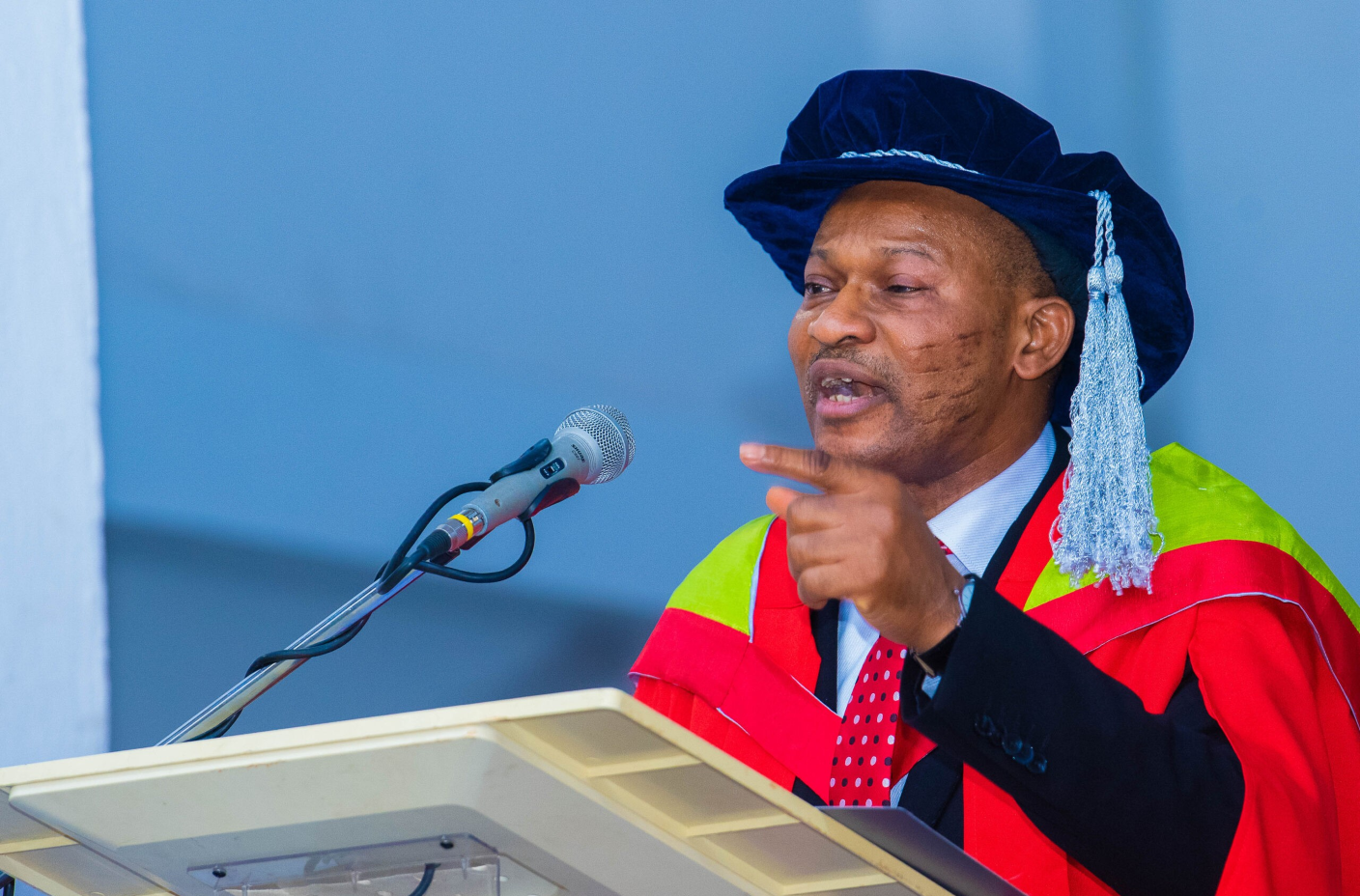EDUCATION

915,000 TEACHERS STRUGGLE TO EDUCATE OVER 31.7 MILLION PUPILS IN NIGERIA
Nigeria’s basic education system is facing a major workforce crisis, with just 915,913 teachers available to serve over 31.7 million pupils enrolled in public and private primary schools across the country, according to data from the Universal Basic Education Commission (UBEC).
Despite the growing student population, teachers continue to grapple with poor working conditions, including the non-payment of the minimum wage in several states and the Federal Capital Territory (FCT). Recently, teachers in the FCT went on strike over the failure of local councils to implement the national minimum wage approved by President Bola Tinubu in 2023.
A 2024 report revealed that 18 states had failed to hire new teachers between 2019 and 2024, a development that has worsened the already stretched teacher-to-pupil ratio.
The Teachers Registration Council of Nigeria (TRCN) also expressed concern over the shortage of qualified teachers, particularly in rural areas, where the impact is most severe and contributes significantly to educational inequality.
Former TRCN Registrar, Professor Josiah Ajiboye, in an earlier interview, explained that the increasing number of school-age children and the expansion of both public and private schools have placed immense pressure on the education system. He emphasized that qualified teachers are critical to delivering quality education, but the shortfall is alarming.
Ajiboye noted that the mismatch between student population growth and the recruitment of qualified educators has led to unfavourable teacher-student ratios in many schools.
According to UBEC data, Nigeria currently has 131,377 primary schools—65,529 public and 65,848 private. Public schools accommodate about 24.2 million pupils, while private schools enrol around 7.4 million.
Titus Amba, President of the Nigeria Union of Teachers (NUT), described the situation as a manpower crisis that leaves many students in a state of learning poverty, especially in rural areas.
“In some primary schools, especially in rural communities, only one or two teachers are left to handle large classes, making meaningful learning nearly impossible,” Amba said. He warned that this trend threatens the future of millions of Nigerian children.
Amba called on all levels of government to respond to the global appeal for well-trained and adequately supported teachers, stressing that every child deserves access to a qualified educator for long-term educational development.
"This represents a significant development in our ongoing coverage of current events."— Editorial Board









